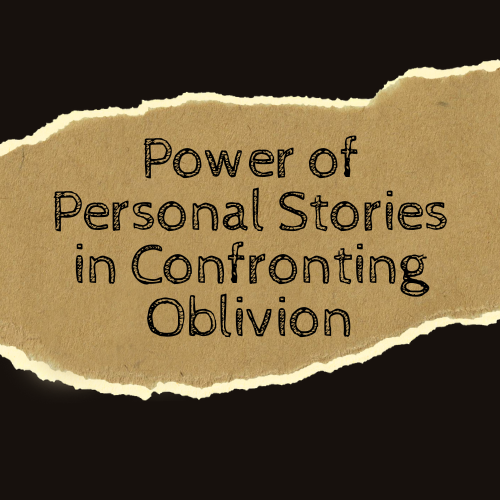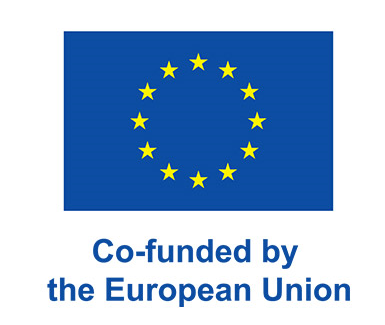PPSCO - Recommendations

Despite being the most thoroughly documented genocide in history—supported byan extensive collection of diaries, memoirs, historical records, and official documents—the Holocaust (1933–1945), and other genocides and mass crimes committedduring WWII, continue to be denied and distorted by individuals and organizations worldwide. While Holocaust denial—the outright rejection of historical facts—is ofteneasier to identify and counter, Holocaust distortion takes more subtle forms, makingit significantly harder to detect and combat. Effectively addressing this issue requiresboth historical knowledge of the Holocaust and World War II, as well as an awarenessof the various manifestations of Holocaust distortion.
Alarmingly, Holocaust denial and distortion are sometimes perpetuated by policymakers and decision-makers—whether deliberately or due to a lack ofhistorical understanding. Given their influence and broad reach, their words andactions can have profound and dangerous consequences. This is why theserecommendations are specifically directed at policymakers and decision-makers—individuals with the authority to enact laws, shape public discourse, and implementconcrete measures to combat Holocaust denial and distortion, both nationally andinternationally.
Recognizing that these challenges cannot be effectively addressed in isolation—whether at an individual or national level—this document is the result of aninterdisciplinary and international effort. It incorporates insights from experts acrossmultiple countries, reflecting a collective commitment to confronting Holocaustdistortion. The partners firmly believe that these recommendations will helpstrengthen efforts to counter Holocaust denial and distortion, not only withinnational contexts but also at the European and international levels.
Recommendations: R2 - Recommendations
Funded by the European Union through the programme CERV. Views and opinions expressed are however those of the author(s) only and do not necessarily reflect those of the European Union. Neither the European Union nor the granting authority can be held responsible for them

